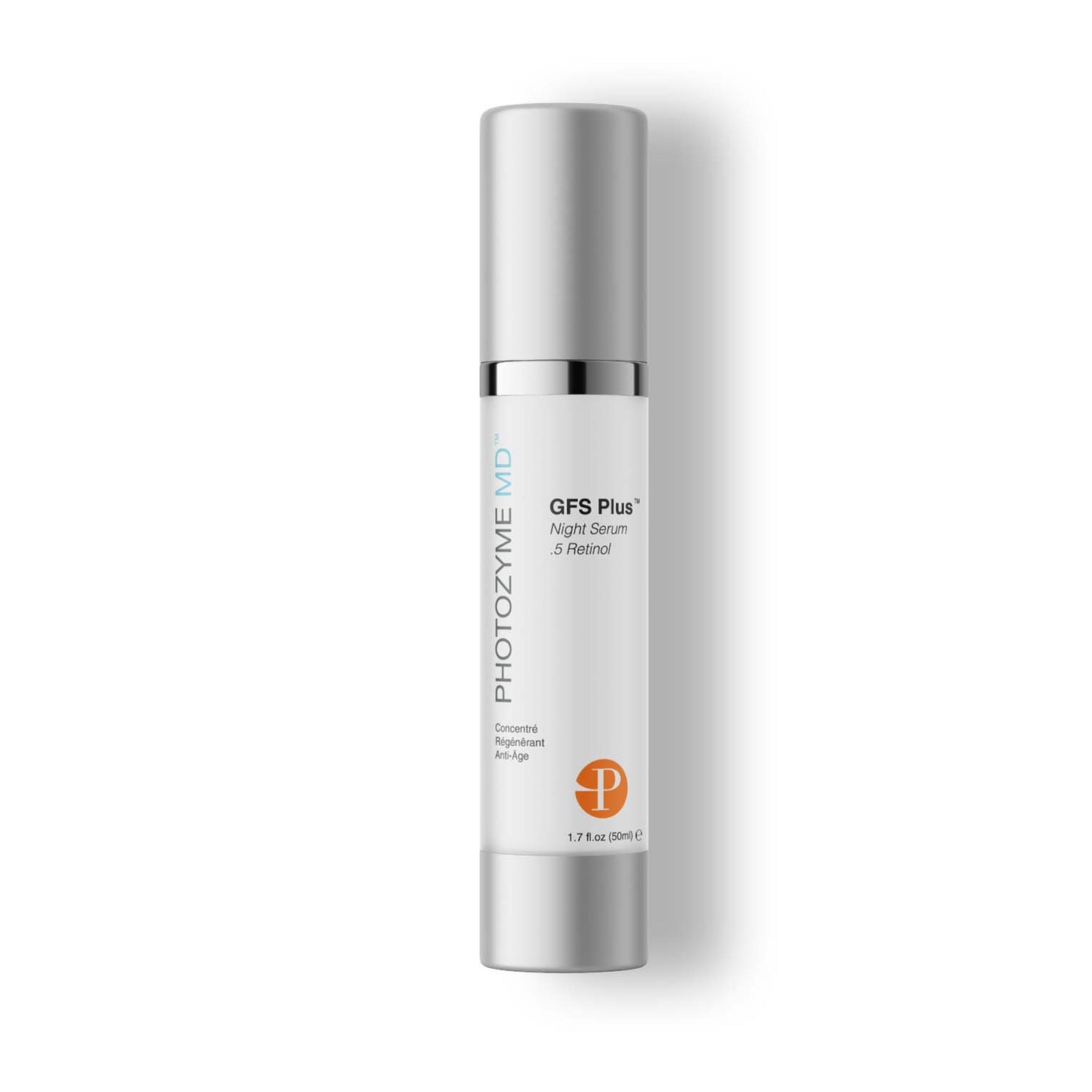
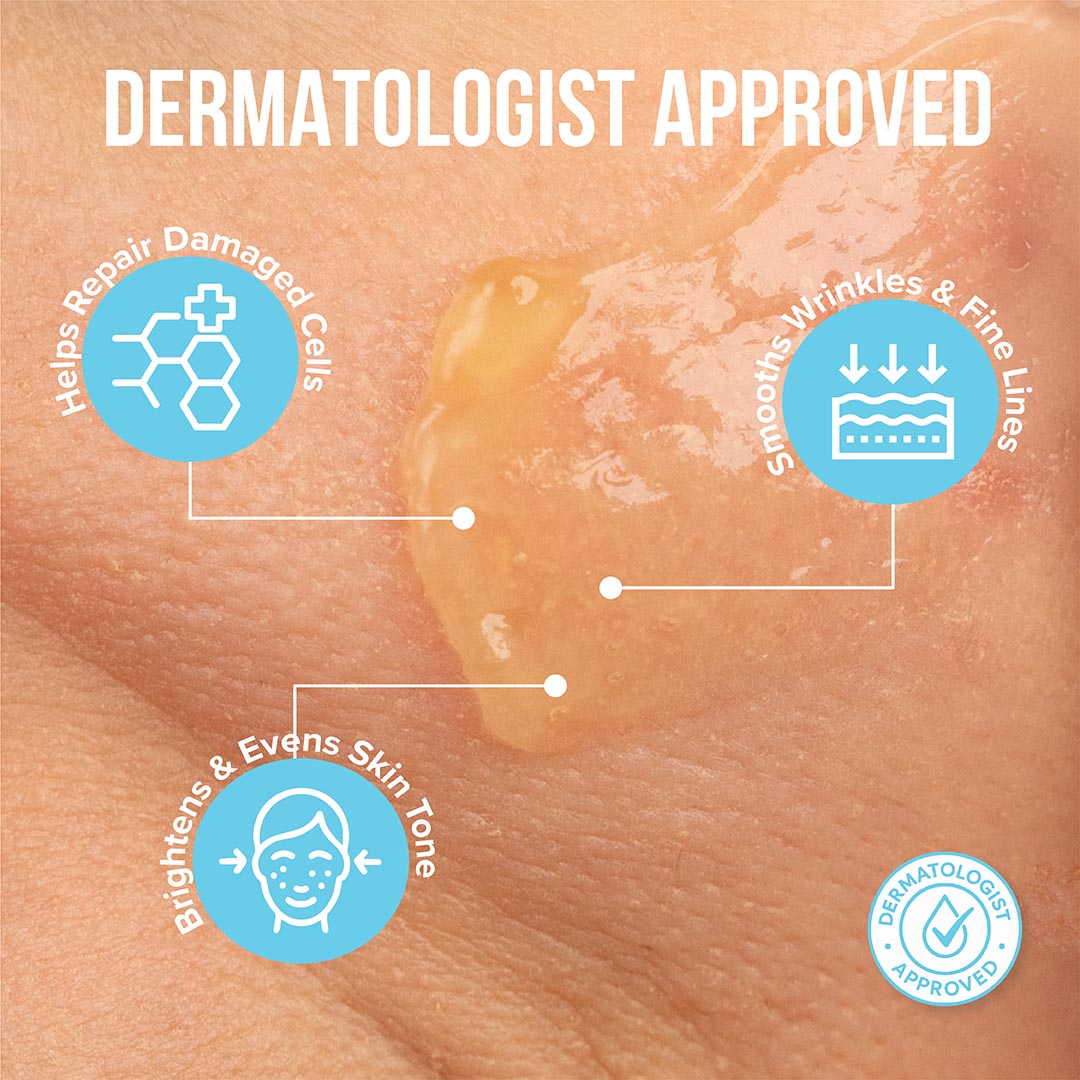
This store requires javascript to be enabled for some features to work correctly.
When it comes to maintaining youthful, vibrant skin, retinol stands out as a cornerstone ingredient in anti-aging skincare. This powerhouse ingredient is renowned for its ability to reduce wrinkles and fine lines and boost moisture retention. As professionals continually seek the most effective products for their clients, finding the best retinol cream for wrinkles is paramount.


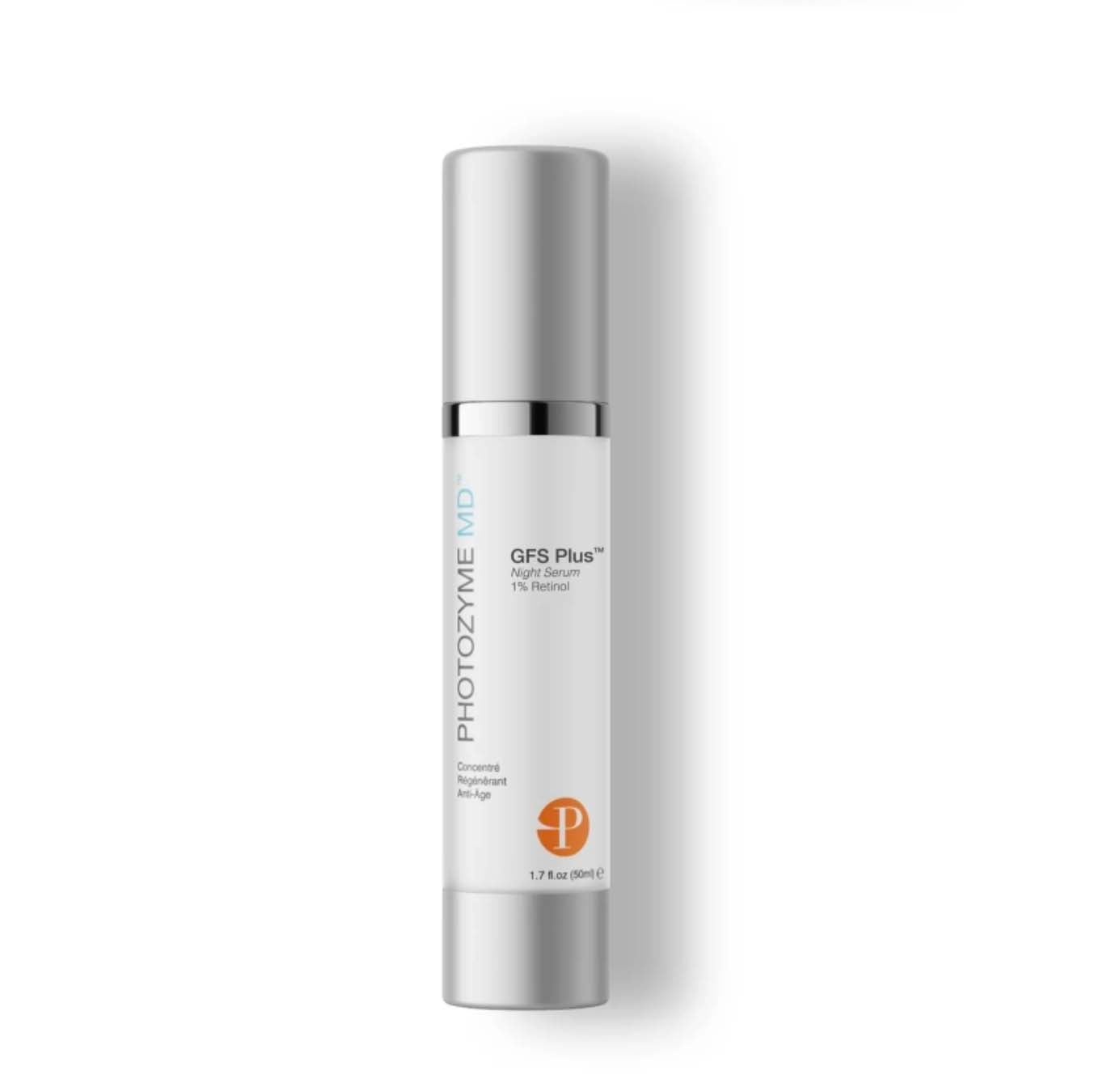

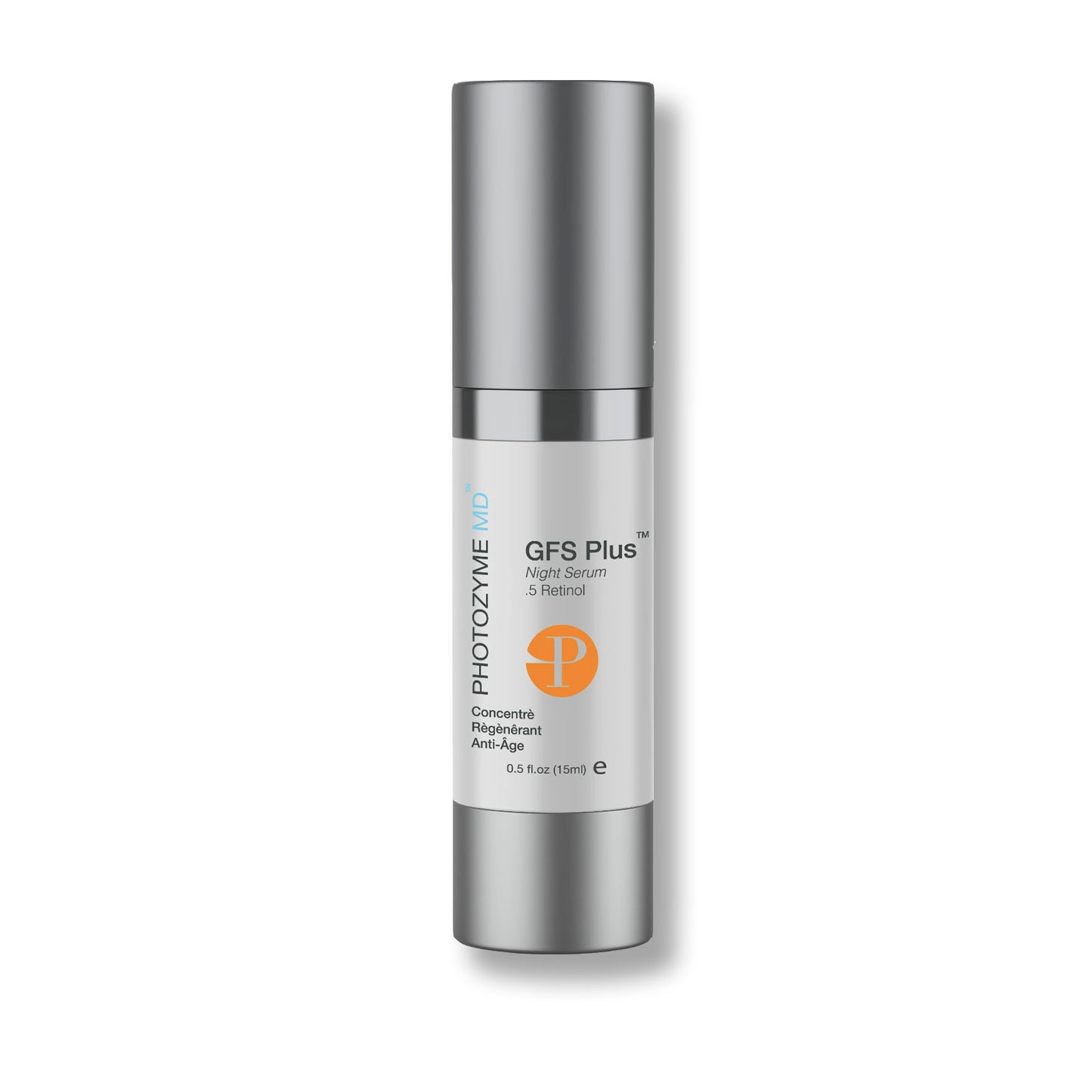
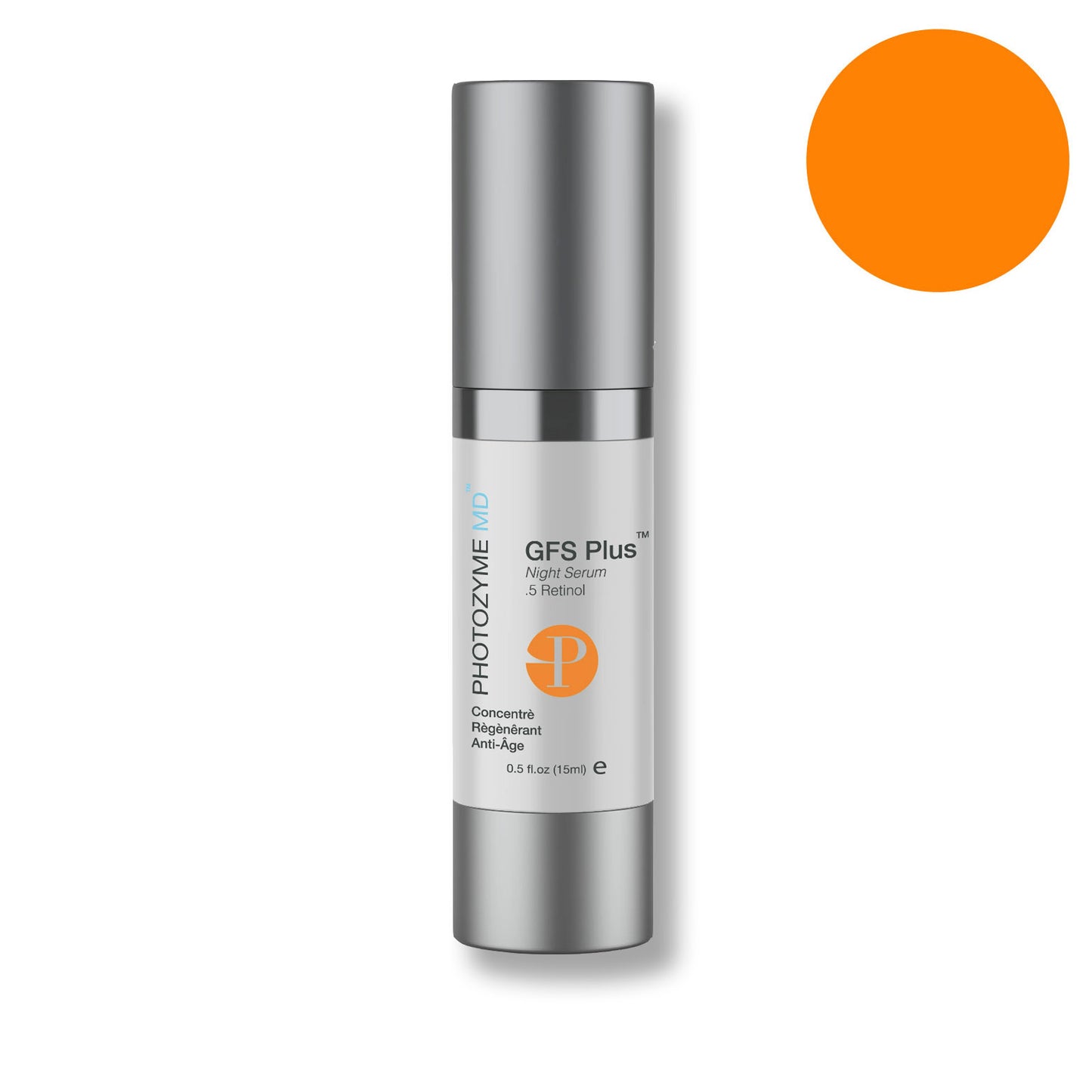
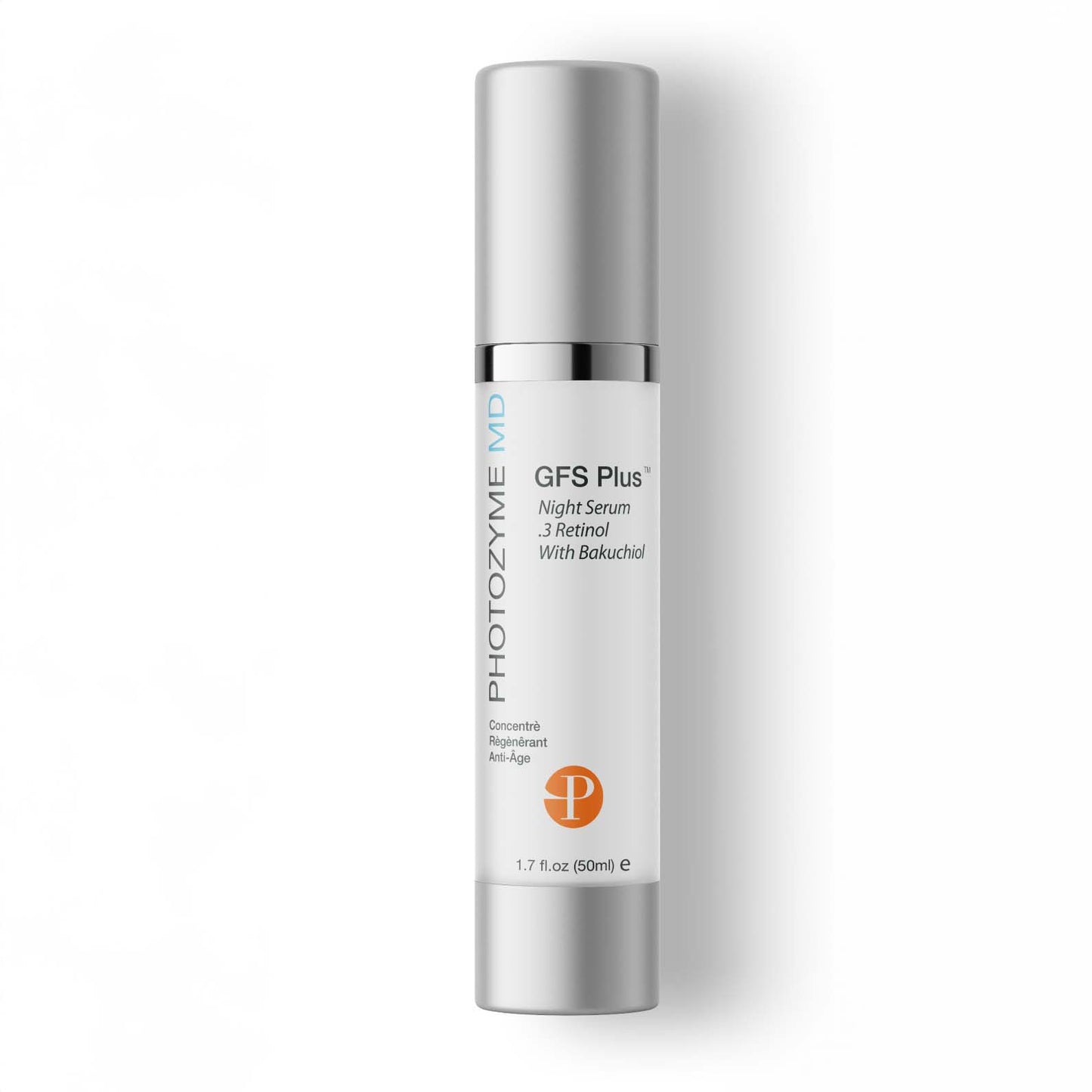

Wrinkles are lines, creases, or folds in the skin that naturally appear as people age. The skin loses its elasticity and becomes thinner and less able to protect itself from damage as it ages. This process is accelerated by environmental factors such as UV radiation, smoking, and pollution, as well as lifestyle choices including diet, stress, and sleep patterns.
On a biological level, wrinkles form due to changes in the skin. Collagen, the protein that provides skin with its firmness, decreases in production as we age, causing the skin to lose its plumpness and elasticity. Elastin, another protein that helps skin return to its original position after being stretched or contracted, also diminishes over time. In addition to protein loss, natural oils decrease, making the skin drier and more prone to wrinkling.
One crucial factor in the formation of wrinkles is the role of skin cells themselves. Skin cells regenerate less frequently with age, and the layer of skin that provides a barrier to damage becomes thinner. Additionally, fat in the deeper layers of the skin decreases, leading to more pronounced lines and crevices.
These natural processes are inevitable, but their impact can be mitigated. Prevention strategies include maintaining a healthy lifestyle, avoiding excessive sun exposure, not smoking, and using effective skincare products. Among these, retinol creams have been shown to be specifically effective by stimulating collagen production, speeding up cell turnover, and improving skin hydration and texture. These benefits make retinol a valuable ingredient in the fight against wrinkles, helping to delay their onset and reduce their visibility.
Retinol, a derivative of vitamin A, is celebrated for its profound effectiveness in the anti-aging arena, particularly its ability to prevent wrinkles. It works at a molecular level by penetrating deep into the skin to stimulate collagen production. Collagen is the protein responsible for maintaining skin elasticity and strength, which diminishes naturally with age. By boosting collagen levels, retinol helps to reinforce the skin’s structure, thereby reducing the formation of fine lines and deep wrinkles.
Further, retinol accelerates cell turnover, meaning it helps the skin shed dead and damaged cells and generate new ones. This process is crucial not just for skin texture but also for tone, as it aids in fading age spots and softening rough patches of skin. Moreover, increased cell turnover is essential for unclogging pores, which aids in preventing acne that can contribute to premature aging.
Another key benefit of retinol in the battle against wrinkles is its ability to improve skin hydration. By stimulating the production of glycosaminoglycans — compounds that play a pivotal role in retaining moisture — retinol helps maintain the skin’s plumpness and prevents the dryness that can exacerbate the appearance of wrinkles.
In essence, the effectiveness of retinol in preventing wrinkles stems from its multifaceted approach to skin rejuvenation, combining enhanced collagen production, accelerated cell turnover, and improved moisture retention. These actions help keep the skin looking smoother and more youthful, underlining retinol's invaluable role in age-defiant skincare.

Retinol, a derivative of Vitamin A, stands as a cornerstone in the field of dermatology, particularly for its profound efficacy in anti-aging therapies. What makes retinol unique is its powerful ability to stimulate cell turnover and collagen production. When applied, retinol penetrates the outer layers of the skin and works to repair the lower layers where collagen and elastin reside. This results in smoother, firmer skin, with continued use diminishing the appearance of fine lines and wrinkles.
The transformational change brought about by retinol involves the conversion of retinol to retinoic acid once it is absorbed by the skin. Retinoic acid interacts with cellular receptors to modify gene expression, ultimately leading to enhanced production of new skin cells and reduced breakdown of collagen. The increased cellular turnover not only helps clear up skin by shedding old, dead layers but also facilitates a more vibrant, youthful complexion.
Moreover, recent advancements in retinol formulations have led to improved stability and efficacy of retinol creams. By encapsulating retinol in microspheres or linking it with other stabilizing molecules, its potency is preserved, reducing degradation due to exposure to light and air. This scientific innovation ensures that retinol maintains its strength from the moment of application to absorption, enhancing its anti-aging benefits.
Given that retinol can sometimes cause irritation and sensitivity, it is crucial for products to be carefully formulated to provide maximum benefit with minimal discomfort. Photozyme focuses on creating formulations that are not only effective but also suited for use in a professional setting, providing reliable and substantial results in skin rejuvenation.
The science behind retinol creams is grounded in their ability to accelerate cell renewal and support the skin’s natural collagen synthesis, making them an invaluable tool in anti-aging skincare.
Retinol, a derivative of Vitamin A, is renowned for its profound anti-aging and skin-rejuvenating properties. Long-term use of the best retinol cream for wrinkles can lead to significant improvements in skin texture and appearance. However, understanding the effects over an extended period is vital for both users and recommending physicians.
Consistent use of retinol has been shown to enhance skin cell turnover. This increased cell renewal process helps to exfoliate the skin more effectively, clearing away dead skin cells and promoting new cell growth. This mechanism not only helps in diminishing the appearance of fine lines and wrinkles but also improves skin tone and texture, making it look more youthful and radiant.
Additionally, retinol has been proven to stimulate the production of new blood vessels in the skin, which improves skin color. Added benefits include fading age spots, softening rough patches of skin, and reducing other visible signs of aging. Over months and years, these effects contribute significantly to maintaining a youthful complexion and can dramatically delay the signs of aging.
It is important to note that while the benefits of retinol are extensive, the initial adjustment period can involve some irritation, dryness, and peeling. These side effects are typically temporary and can be managed with proper skincare routines that include moisturization and hydration. Users should also be vigilant about using sunscreen, as retinol can increase the skin's sensitivity to sunlight.
Incorporating retinol into a skincare routine should be done gradually and under the guidance of a healthcare professional, especially in cases of sensitive or compromised skin barriers. This careful management ensures that the benefits of retinol are maximized without undue discomfort or adverse effects. By adhering to these guidelines, long-term retinol users can achieve remarkable improvements in their skin’s health and appearance, reflecting the state-of-the-art quality that our products aim to deliver.
Applying retinol cream correctly is essential to maximize its benefits and minimize potential irritation, especially when aiming to prevent wrinkles. Here’s a step-by-side guide to ensure effective application:
Consistent use following these steps can significantly enhance your skin’s appearance, reducing wrinkles and improving skin texture.
Retinol, a derivative of Vitamin A, plays a crucial role in the process of skin renewal and collagen production. When using the best retinol cream for wrinkles, it's important to set realistic expectations regarding the timeline of visible results. Retinol works through a gradual process, influencing skin cell turnover and improving skin texture.
Initial improvements can often be seen within 2 to 4 weeks of consistent use. During this period, users may notice subtle changes such as a brighter complexion and a smoother skin texture. However, significant changes in wrinkle reduction and skin firming generally take longer.
For more pronounced anti-aging effects, such as a noticeable decrease in the depth and number of fine lines and wrinkles, most users need to use retinol creams consistently for about 3 to 6 months. It's crucial to apply the cream regularly as directed, usually as a nightly routine, to ensure continuous engagement with the skin's natural repair cycles.
Moreover, the outcome can be influenced by several factors including the concentration of retinol in the cream, the frequency of application, and the individual's skin type, age, and environmental exposure. To maximize effectiveness and also align with individual skin tolerance, it might be necessary to gradually increase the concentration of retinol in the skincare regimen.
Lastly, patience is essential when using retinol products. Due to the nature of skin cell turnover, results are not instantaneous. Continuing regular use while maintaining a holistic approach to skincare—including protection against sun exposure and maintaining a healthy diet—will yield the best results.

Selecting the best retinol cream for wrinkles is crucial for seeing the best possible results. Retinol can be a powerful ingredient for reducing wrinkles and fine lines and improving skin tone and texture—but only when you select a great product and use it properly.
Photozyme's dedication to pioneering in the skincare industry, combined with our partnerships with FDA-approved manufacturers, allows us to offer products that are not only effective but also safe and of the highest quality. Our retinol cream, backed by rigorous research and development, stands as a testament to our commitment to innovation and excellence in skincare.
Our retinol cream is formulated to minimize the appearance of wrinkles, enhance skin texture, and promote a youthful complexion, making it an indispensable addition to any skincare regimen. Choosing our product ensures access to one of the best retinol creams available, trusted by healthcare providers worldwide.
Read also:
It is generally recommended to start incorporating retinol cream into your skincare routine in your mid-20s to early 30s. This timeframe is when collagen production begins to decrease and fine lines may start to appear, making it a crucial period for proactive skincare measures.
Retinol is a derivative of vitamin A and is a powerful ingredient known for its ability to accelerate skin renewal, enhance collagen production, and reduce the appearance of aging, including fine lines and wrinkles. By promoting cell turnover, retinol helps to improve skin texture and tone, making it a key component in anti-aging skincare.
The frequency of application depends on the product's formulation and your skin's tolerance. It is typically advised to start with a lower concentration of retinol and apply it sparingly—about two to three times per week—and then gradually increase usage as your skin adjusts to minimize irritation.
Using retinol cream during the day is not recommended due to retinol’s increased sensitivity to sun exposure, which can potentially lead to skin damage. It is best to apply retinol cream in the evening and follow up with a broad-spectrum sunscreen during the day to protect your skin from UV rays.
Common side effects of retinol cream include redness, dryness, itchiness, and slight peeling. These symptoms typically occur as the skin adjusts to the treatment and often subside with regular use. It is important to start with a low concentration and gradually build up as your skin becomes more tolerant.
Visible results from using retinol cream can typically be seen within four to six weeks of consistent use. Optimal results are often achieved after several months as the skin's surface continues to renew and heal.
Receive discounts and tips for your skin care routine!